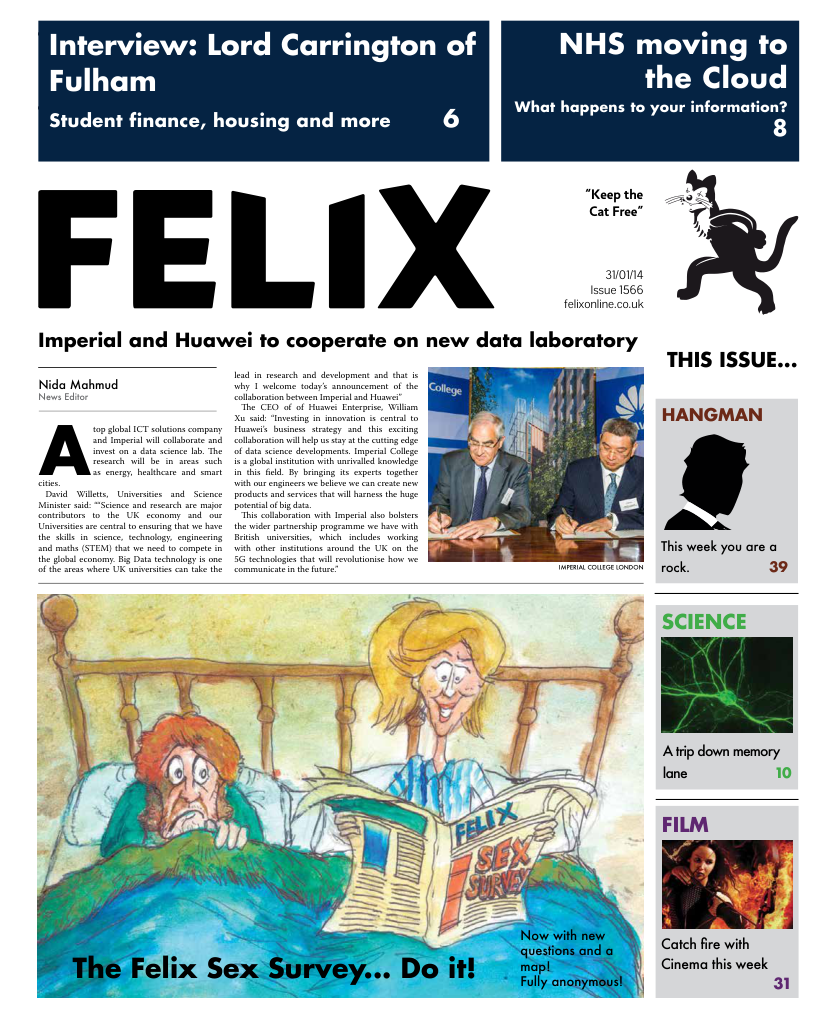On trains and privatisation
The British railway system is the biggest example of the failures of privatisation. I’m not old enough to remember the change, but I’m sure the arguments were the same as those touted today for the privatisation of other well-functioning institutions....
The British railway system is the biggest example of the failures of privatisation. I’m not old enough to remember the change, but I’m sure the arguments were the same as those touted today for the privatisation of other well-functioning institutions: “private companies will run an efficient service, and competition with each other will improve that service while driving down prices.” This school-level economic argument hinges on consumer choice, but when it comes to transport, there is none.
I took the train home for Christmas. The Virgin Pendolino service got me there in an impressive two hours; however, even with a railcard and booking weeks in advance, it cost over £50. It was the first non-peak train of the evening, and was massively oversold. People were sitting on the floor, filling the aisles and blocking the doors. Going to the toilet was an exercise in jumping over legs and not treading on fingers. Filling a lecture theatre to such over-capacity is dangerous and illegal, but on transport, it’s seen as business as usual. Charging for a fast journey is something I can understand, but charging an eyewatering amount for overcrowding is despicable.
My friend who lives in Stoke can take the same train as me, or a quiet, cheap one that takes a little longer. I have no such choice: the Manchester to London journey, like so many other commuter routes, is monopolised by a single company. No competition to drive down prices, no incentive to improve services.
Compare the London Underground, a truly public public transport system, and to some extent London’s buses, managed by private contractors, but with fares and routes set by TfL. London’s transport is not only faster, more frequent and more reliable than other cities’, it’s also far cheaper. Tube trains may be crowded, but that’s allowable on a ten minute journey, not a two hour one. This is no overpriced, inflated bureaucracy: it’s a world-class transport system to be proud of. There’s no reason public inter-city transit couldn’t be the same.
The naivety of the privatisation argument doesn’t end with trains, though: the examples are many. The oligopoly of energy companies raise prices frequently and in sync with each other, happily resisting any political control. What point is there in having choice, if all the choices are near-identical?
The NHS is a particularly horrific case: now that the wide-scale use of private contractors is in its remit, it is subject to competition laws: hospitals have been prevented from merging; neighbouring NHS Trusts are forbidden from sharing resources; GP practices have been reprimanded for giving treatments to patients themselves rather than referring them to private clinics. This, all in the name of supposedly service-improving competition, and at great detriment to us, its patients.
Transport, energy and healthcare are all essential public services, the provision of which is completely at odds with the profit-driven nature of privatisation. Public services have no obligation to make a profit, nor do they need competition: they should be accountable to government, and ultimately to the public, not to shareholders. Unfortunately, with nationalisation being a dirty word to all of our major political parties, overcrowded trains and crumbling healthcare will be the norm for the foreseeable future.





